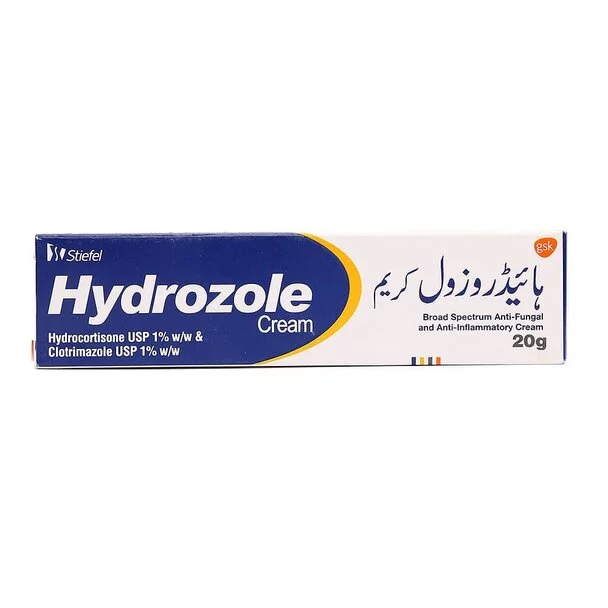Urology, also referred to as genitourinary surgery, is the field of medicine that focuses on the diagnosis and treatment of diseases of the urinary tract and male reproductive organs. Contrary to popular belief, all urologists are not ‘males-only’ doctors; most of them treat women and children too.
What is Urology?
What sets apart urology from general surgery, historically speaking, is the treatment of obstructive uropathy. This incorporates a range of treatments, from the correction of obstructing posterior urethral valves and obstructions in the ureteropelvic junction in infants to the correction of obstructions in the bladder outlet resulting from benign prostatic hyperplasia in older males. A substantial portion of general urologic practice is taken up by the study and treatment of stone disease of the urinary tract. In recent history, the practice of treating stones has become less invasive than before through the introduction of revolutionary ureteroscopy, including percutaneous means for stone disintegration and extraction, and the demonstration of shockwave lithotripsy in place of open surgical procedures. In addition, advances in the diagnosis and metabolic management related to stone formation has rendered new and improved methods to prevent recurrence once removed. Another common area of urologic concern is that of congenital anomalies, which impact the urinary tract more so than any other organ system in the body. This is commonly dealt with by pediatric urologists. Urologists are often responsible or actively involved in renal transplantation and vascular reconstruction. Hypertension and adrenal problems also fall under the umbrella of disorders urologists tend to. Of late, new and improved methods of diagnosing prostate cancer have emerged, which take up quite some time for urologists these days, along with sexual dysfunction and infertility. While urinary tract infections are another common clinical issue urologists deal with, they are also often able to decipher if the clinical symptoms for said infection are a warning sign for a more serious underlying condition, and bacteria that may be causing it. Pertaining to females, most research today centers around urinary incontinence.
Who is a Urologist?
While a urologist can be regarded as the male counterpart of a gynecologist, they also actively treat all problems related to the urinary tract in women and children across most demographics. Some of a urologist’s general areas of expertise include the bladder, urethra, ureters, kidneys,the adrenal glands and the male reproductive system, consisting of the penis, prostate, seminal vesicles and testicles. Practitioners of urology are also referred to as ‘Surgical Urologists’ or ‘Specialist Surgeons’, and they also exhibit knowledge related to gynecology, endocrinology, pediatrics and internal medicine.
Specialization in urology requires the standard 5 years of MBBS, followed by 4 years of specialist education after 2 years of general surgery practice.
What Conditions Do Urologists Treat Gender and Age wise?
Urologists can treat a large number of age and gender-specific genitourinary conditions:
In Men:
Some male-specific conditions include cancers of the genitourinary system and prostate gland, prostate gland enlargement and inflammation (prostatitis), infertility, kidney stones and other kidney issues, Interstitial Cystitis (aka Painful Bladder Syndrome) and Urinary Tract Infections or UTIs.
In Women:
Female urinary tract issues include bladder prolapse (the sinking of the bladder into the vagina), Urinary organ cancer, overactive bladder, urinary incontinence, general UTIs, kidney stones and Interstitial Cystitis.
In Children:
Urological conditions unique to children include bed-wetting, urinary tract blockage, Undescended testicles (in male children), Hypospadias and Epispadias (Abnormal formation and positioning of the urethra, bladder and pelvic bones).
Are there additional sub-specializations within Urology?
Some Urologists spend an extra 2-3 years to specialize in one or more of the Severn recognized areas within the field of Urology:
- Pediatric Urology: Focuses specifically on the detection and correction of urogenital issues in children.
- Urologic Oncology: Treatment of cancerous tumors present in the bladder, ureters, urethra, kidneys, adrenal gland and testicles (in males).
- Andrology: Deals with male fertility and conception. The key disorders include erectile dysfunction, ejaculatory disorders and vasectomy reversal.
- Renal Transplant: Deals exclusively in kidney transplant methods and problems.
- Calculi: This area focuses on detection and removal of stones in urinary tract organs.
- Female Urology: Specialises in dealing with issues related to the female reproductive system in relation to the urinary organ system.
- Neurourology: Focuses on urinary problems resulting from certain nervous conditions such as Parkinson’s, multiple sclerosis, stroke and spinal cord injury.
When Should You See Urologist?
Issues related to the urinary tract or male reproductive system, such as blood in the urine, urinary retention (inability to urinate), kidney stones, tumours, recurring UTIs, prolonged bladder pain, testicular pain or lumps (for males) and male fertility issues are key reasons to visit a urologist.
Elevated PSA (Prostate Specific Antigen) levels and abnormal prostate exam results are also indication to visit a urologist as soon as possible to rule out signs of prostate cancer.
If you experience pain while urinating, have any other urinary tract-related issues or have any concerns related to the male-reproductive system, do not hesitate to book an appointment with a top Urologist in Lahore, Karachi or Islamabad through oladoc.com. Or call our helpline at 042 3890 0939 for assistance to find the RIGHT Doctor for your urinogenital needs.










